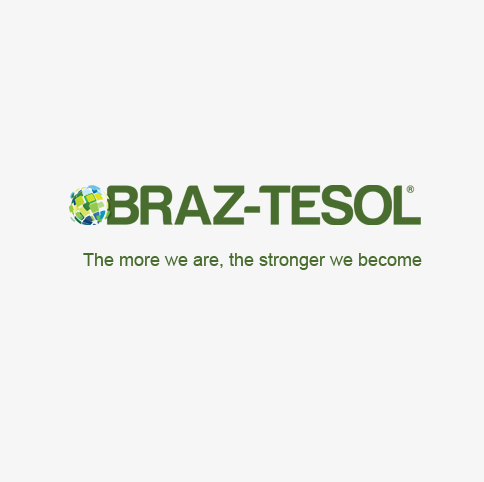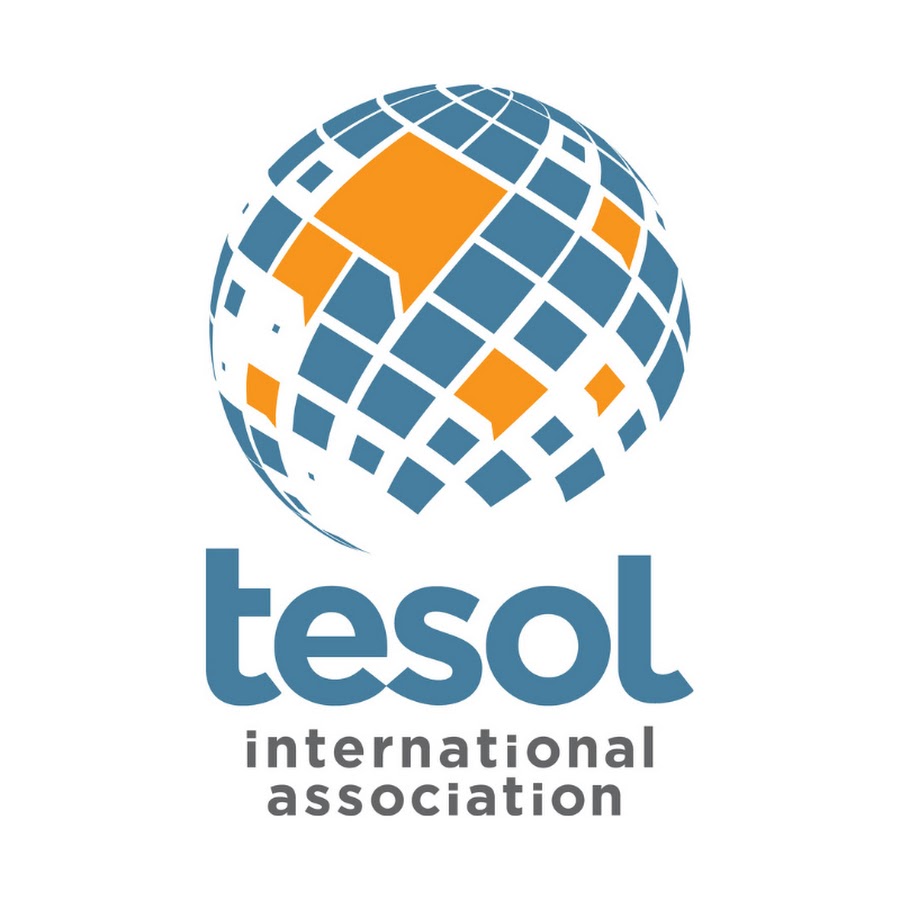The importance of professional development for ESL teachers cannot be understated, and just like an effective teacher addresses students’ needs, effective professional development should address the teacher’s specific needs. These may vary depending on the individual’s strengths and weaknesses, teaching context, and career stage.
For instance, online teachers often deal with a very diverse student population and need to learn effective techniques to reach all of their students. Independent online English teachers have to handle interacting with students but also the marketing and business aspects of running an independent teaching venture and must master these skills. A well-designed professional development program should provide teachers with learning opportunities that meet their specific needs, help them deepen and broaden their skills, challenge their assumptions, and foster cooperation.
Let’s take a closer look at the specific benefits of teacher professional development in ELT!
Read about the types of professional development opportunities available to ESL teachers!
1. Reflecting on one’s teaching practices
One of the greatest benefits of professional development in ELT is to provide teachers with an opportunity to reflect on their teaching practices. As the purpose of professional development is to improve students’ learning outcomes by making teaching more effective, teachers should start by becoming cognizant of what areas in their teaching need improvement. A well-designed ESL teacher development plan will inspire teachers to evaluate their practices and challenge their assumptions about teaching and learning.
2. Learning from others and sharing one’s own expertise
When engaged in professional development, teachers can compare notes with other teachers and share their expertise. A particularly useful concept in this regard is that of Professional Learning Communities (PLCs). PLCs refer to groups of educators who cooperate regularly to share their expertise and collaborate to improve their teaching.
Jennifer Kelly, in “Collaboration, Collegiality, and Collective Reflection: A Case Study of Professional Development for Teachers,” writes that “PLCs can allow for collaboration and reflective practice, where teachers come together with their colleagues to actively learn about and reflect on their practices.”
Teaching can be a solitary business, especially in the age of online classes. Participating in professional development can provide great opportunities to exchange experiences and challenges and form inspiring and lasting connections.
Bridge Expert Series webinars are a great way to learn from others in the industry! Gathering industry leaders in round-table discussions on topics ranging from pedagogy to teaching English online to career advice, Expert Series webinars provide a flexible solution for ESL teacher development. You can register for free to watch live webinars or join the community to access over 75 on-demand webinars and earn a certificate of professional development for every completed webinar.
Independent English teachers, or teacherpreneurs, may find it particularly useful to find learning communities and other opportunities to network and collaborate, as working online independently can be a solitary pursuit. Bridge’s Teacherpreneur Academy provides access to an exclusive platform for resource sharing, continuous learning, and direct engagement with networking sessions and expert-led workshops.

3. Boosting your resume
Prioritizing professional development can do much to boost a teacher’s resume. For example, investing some time in TEFL certification can open new career opportunities for teachers, whether they teach online or in person. Many schools require certification of at least 120 hours as a prerequisite for hiring, but those who go above and beyond and earn additional credentials, such as Specialized Certification or Micro-credential Course Certificates, stand out from other applicants and are usually better paid.
Specialized Certification can also help you break into new TEFL niches, such as Teaching Business English or Teaching English Online. Micro-credentials, on the other hand, are short courses that offer targeted training in ELT subfields like Teaching English Pronunciation or Teaching IELTS Exam Prep. Professional development TEFL courses can help take your career to the next level and set your resume apart from others, as it shows your dedication to lifelong learning.
4. Revitalizing your teaching practices
We have all experienced that moment when the teaching routines we have relied on for a while start to feel boring or stale. Like actors on a stage, teachers need inspiration to be effective communicators and involve students in the learning process. One of the benefits of professional development in ELT is to revitalize one’s teaching practices. There is a thrill in learning something new and a sense of anticipation that makes teaching exciting again and that makes teachers look forward to the time when they can apply the newly-acquired skills in their classroom.
Check out 8 strategies for avoiding burnout when teaching English online.

5. Bolstering the ESL department as a whole
For teachers working within a traditional ESL department, the benefits of professional development extend to the department as a whole. Administrators can tailor professional development to address specific issues and can receive direct input from teachers to address the specific learning needs of the student body.
The advantages of a professional development program organized at the department level are many:
- It can address the specific learning needs of the student population.
- It can benefit from teachers’ cooperation and peer observations.
- It can create a working environment where teachers feel inspired and supported by their institution.

6. Keeping abreast of new teaching techniques and trends in education
Teaching techniques are continually evolving. With the introduction of computer technology, the internet, artificial intelligence, and the use of learning apps in schools, new techniques that leverage these tools crop up all of the time. While teachers cannot be expected to know about all of them, they should be selectively aware of those that can help them better meet their needs and those of their students. A well-thought-out ESL professional development plan can assist teachers in this task.
In addition, some teaching techniques arise in response to new trends in education, some of which will likely find their way into schools. Thus, teachers should keep themselves informed, and school administrators should provide adequate professional development to support their teachers.
Teachers can explore learning opportunities to leverage tools like teaching English using videos, podcasts, or AI tools for English language placement, leveling, and progress monitoring. There are also short, targeted courses like Bridge’s Micro-credentials that provide ESL teacher development in 21st-century skills like promoting digital literacy in the classroom and teaching communicative, collaborative, and interpersonal skills.
Looking for a way to keep track of TEFL events? Follow or subscribe to Bridge’s TEFL/TESOL Events Calendar to stay up to date on online and global TEFL professional development opportunities. Check out upcoming events in the preview of the calendar below:
Calendar of Events
M Mon
T Tue
W Wed
T Thu
F Fri
S Sat
S Sun
3 events,
2025 ASCD Annual Conference
Engage, celebrate, and connect at this dynamic event that brings together educational leaders and innovators. Supercharge your teaching and leadership skills to influence the future of education. This year’s theme, […]
ISTE Live 25
For over 40 years, the ISTE conference has stood out as a leading global forum in the field of education. It is renowned for bringing together educators and leaders to […]
GYTO (Get Your Teach On) Fest 2025
Need to reignite your passion for teaching? This might be the education conference for you. Spend time with Team Get Your Teach On as they share their enthusiasm for education […]
0 events,
0 events,
1 event,
IATEFL – Learning Strategy Theory and Materials Design
An IATEFL monthly webinar presented by Kirstie Jackson Wilms This session will aim in to raise awareness of language learning strategies and how these offer an alternative to the learning […]
0 events,
0 events,
1 event,
Teaching English Online Info Session
Teaching English Online Info Session
Ready to kickstart or elevate your English teaching career? Join us for the Career Path: Teaching English Online Info Session, where we’ll walk you through the essentials of teaching English as a second […]
0 events,
0 events,
0 events,
0 events,
0 events,
0 events,
0 events,
0 events,
1 event,
1 event,
2 events,
TESOL Live! Connect Around the World
Grab your favorite beverage and join fellow English language teachers to chat and connect around the world! We will spend this hour conversing about our lives, sharing classroom practices, and […]
0 events,
0 events,
1 event,
Bridging the Gap: Teaching English for Real-World Business Communication
Bridging the Gap: Teaching English for Real-World Business Communication
BridgeVoices is a new format within the Bridge Expert Series where our global teaching community comes together to share, learn, and grow. These sessions highlight real experiences from Bridge educators around […]
0 events,
0 events,
0 events,
0 events,
0 events,
0 events,
1 event,
Info Session – TEFL/TESOL
Info Session – TEFL/TESOL
Are you looking to learn more about Bridge’s courses and explore the best path for your professional development as an English teacher? We can help! Whether you are an experienced English teacher or just beginning your […]
0 events,
0 events,
7. Getting support
Professional development can benefit ESL teachers by providing them with the needed support to develop their skills and be successful in their careers.
This is especially true for novice teachers who often start working directly after completing their TEFL/TESOL certification. In “Novice-Service Language Teacher Development: Bridging the Gap Between Preservice and In-Service Education and Development,” Thomas S. C. Farrel explains how “most novice teachers (…) from the very first day on the job must face the same challenges as their more experienced colleagues, often without much guidance from the new school and institution.”
Also, just like students’ learning, professional learning has an affective element. “Teachers are more likely to engage with others in the learning process, and, therefore, take more risks with a level of support (..)” (Kelly, 2015).
Find out how to get more support by building an online ESL community of practice.
Map out your unique career path with the free guide to
Self-Guided Professional Development in ELT
download8. Standing out at your current job and qualifying for promotions
In addition to boosting a teacher’s resume when job seeking, looking for professional development opportunities enables teachers to stand out at their current workplace. Employers will take note of which teachers prioritize continued learning, and the more skills you acquire, the higher your chances are of obtaining salary raises and qualifying for promotions.
Independent online English teachers can also stand out among the competition and increase their portfolio of students by showcasing their professional development badges and certificates. By showing your commitment to continuous learning and professional growth on your website, marketplace profile, or social media profiles, you share not only your expertise but also your dedication to lifelong learning.
Professional development in ELT comes in many shapes and forms, from online TEFL certification to school-sponsored workshops to webinars. A well-thought-out professional development plan is an excellent opportunity that will likely produce these many benefits and assist ESL teachers in developing their professional skills and careers.


















